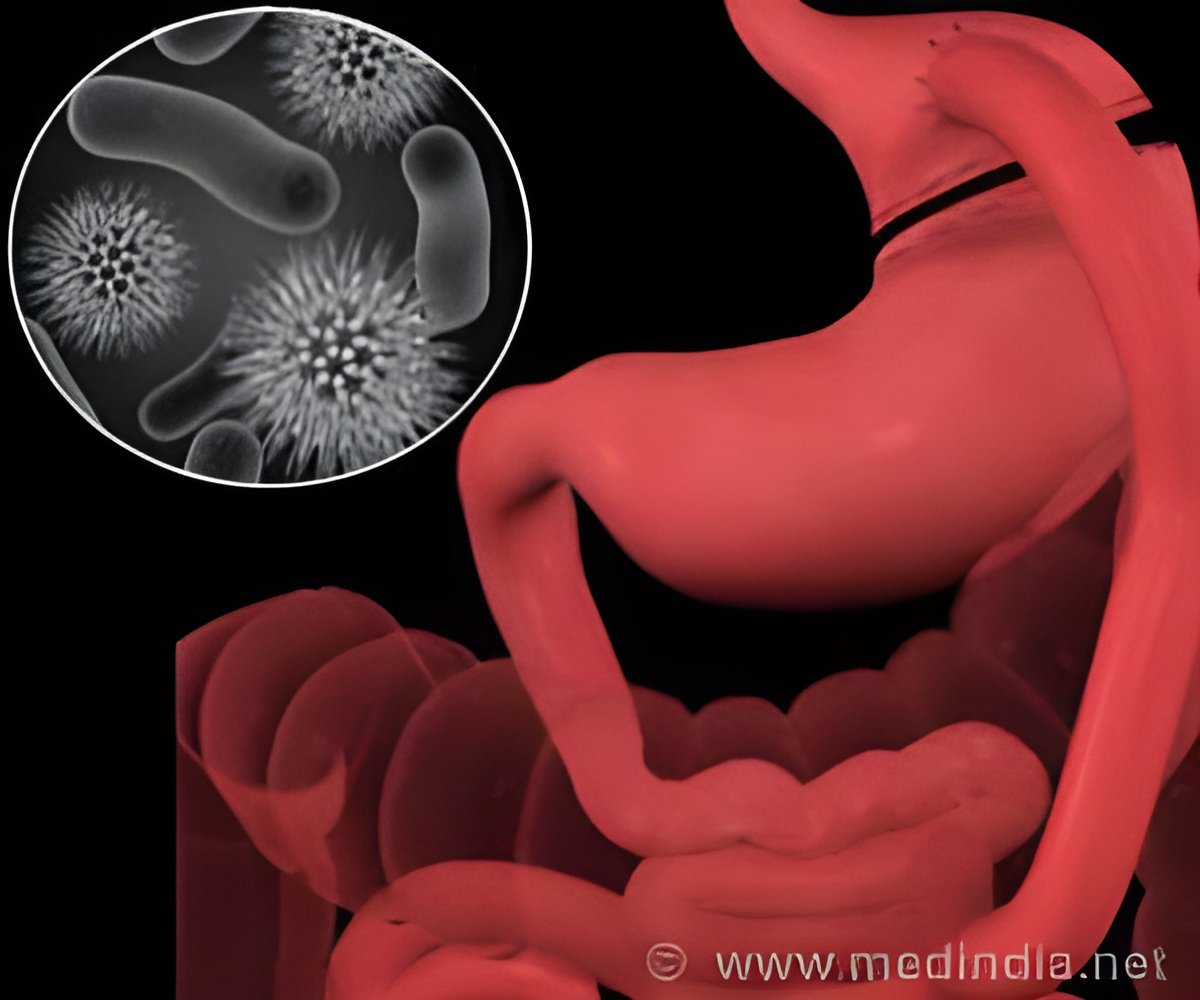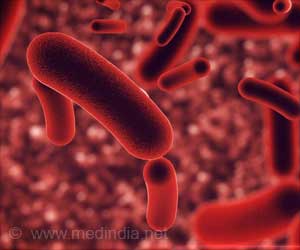Men who have sex with men have unique microbiomes, may impact immune system, stated new study.

CU Anschutz researchers wanted to know whether this altered microbiome induces T cell activation associated with HIV transmission risk and increased disease severity.
To study this they took stool samples of 35 healthy men - men who had sex with men and men who had sex with women - and transplanted them into mice. The mice who received the MSM stool samples showed increased evidence of activation of CD4+ T cells, which would put them at a higher risk of HIV if they were human.
They also isolated immune cells from the intestines of HIV negative individuals and exposed them to bacteria from MSM and MSW feces. Human gut derived immune cells exposed to MSM fecal bacteria were more likely to be infected by HIV virus in vitro. This was again linked with increased immune activation by these fecal bacteria.
"These results provide evidence for a direct link between microbiome composition and immune activation in HIV-negative and HIV-positive MSM, and a rationale for investigating the gut microbiome as a risk factor for HIV transmission," said the study's senior author Brent Palmer, PhD, associate professor of medicine in the Division of Allergy and Clinical Immunology at the CU School of Medicine.
Exactly why the microbiome of men who have sex with men is so distinct remains unknown. Some have theorized that diet may promote inflammation and thereby activate T cells.
"There is a unique microbiome associated with men who have sex with men that drives immune activation in the gut that may also drive higher levels of HIV infection," Palmer said. "But we still don't know exactly why this is." Yet understanding this microbiome is important, Palmer said, because it could directly affect the immune system of high-risk men and lead to an increased risk of HIV infection.
Source-Eurekalert












